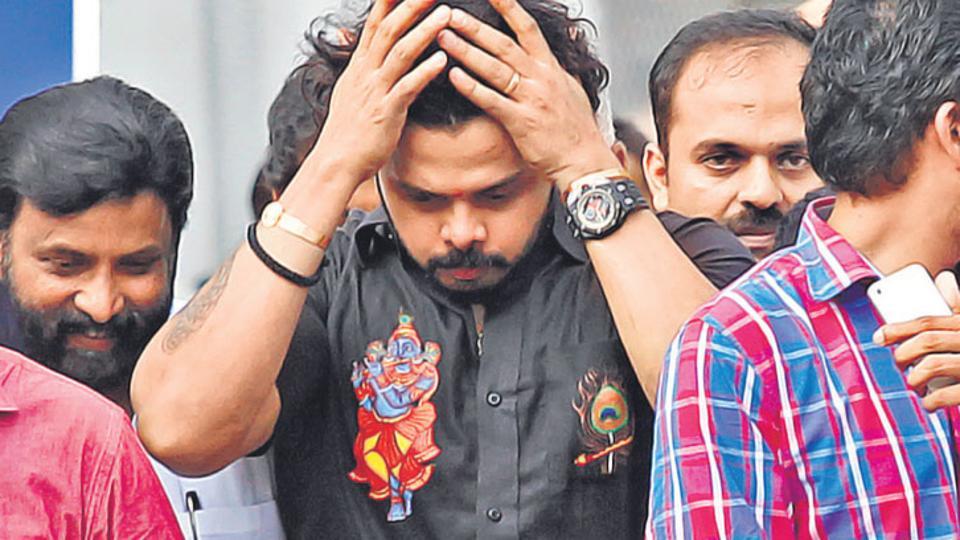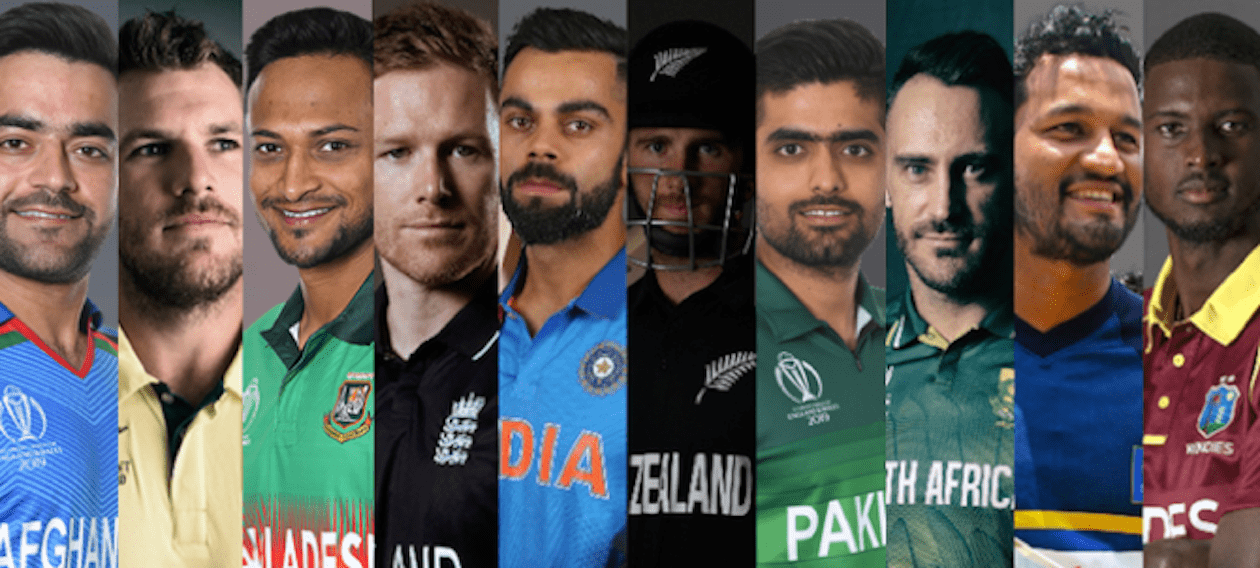After the 2013 IPL spot-fixing and betting scandal, the Supreme Court had asked the Law Commission to look into the issue of legalizing betting and gambling in India. Currently, Gambling and betting are allowed with certain restrictions in few states including Goa, Daman, and Sikkim.
Due to the 2013 scandal, Rajasthan Royals and Chennai Super Kings was banned from Indian Premier League for next 2 years. But in July 2015, the Patiala House court discharged cricketer Sreesanth and 35 others noting that cricket betting is not illegal and no action can be taken for betting on cricket matches.

“Cricket as a game of skill requires hand-eye-coordination for throwing, catching and hitting. It requires speed, both during fielding chases and between the stumps. It requires stamina and brute strength to wallop boundaries. It requires microscopic levels of precision and mental alertness for batsmen to find gaps or for bowlers to produce a variety of styles of deliveries’ (medium pace, fast, inswing, outswing, off-spin, leg spin, googly). The sport requires strategic masterminds that can select the most efficient fielding positions for piling pressure on the batsmen. Based on the above description, cricket cannot be described as anything, but as a game of skill.
The game of cricket, therefore, cannot be held as a game of chance but is a game of skill which is exempted under Section 12 of Public Gambling Act, from the definition of Gambling.
Therefore, even if it is accepted that there was rampant betting going on in the IPL6, but it is an activity excluded u/s 12 of Public Gambling Act, and is not an offense for which any of the accused can be held liable.” noted additional sessions judge Neena Krishna Bansal.
Looking at the history, the first incident of spot-fixing in cricket was reported in June 1873. In a match between Yorkshire and Surrey, Yorkshire won the match at Bramall Lane, Sheffield, by eight wickets, and Surrey’s wicket-keeper Ted Pooley, who had scored 10 and a duck and took a catch in the match, was found guilty of betting on the game and was not allowed to play for the rest of the season.
Initially, cricket betting was done through offline bookmakers at a local bar or over phone calls. But with the support of technology, online betting is really taking off.
Now, the Law Commission in its recommendation said that the Parliament can enact a model law to allow highly-regulated versions of gambling. Also, to regulate money laundering and other illegal activities, the Law Commission recommended to make the transactions cash-less and linking Aadhaar or PAN cards of individual participants.
Law Commission said, “For participants, there must be a cap on the number of transactions an individual can indulge in these activities in a specific period, i.e., monthly, half-yearly or yearly“. It also recommended amending the laws to allow foreign investments in the casino and online gaming industry.
The ball is back in Supreme Court’s hands, what happens next? we need to wait and watch.
